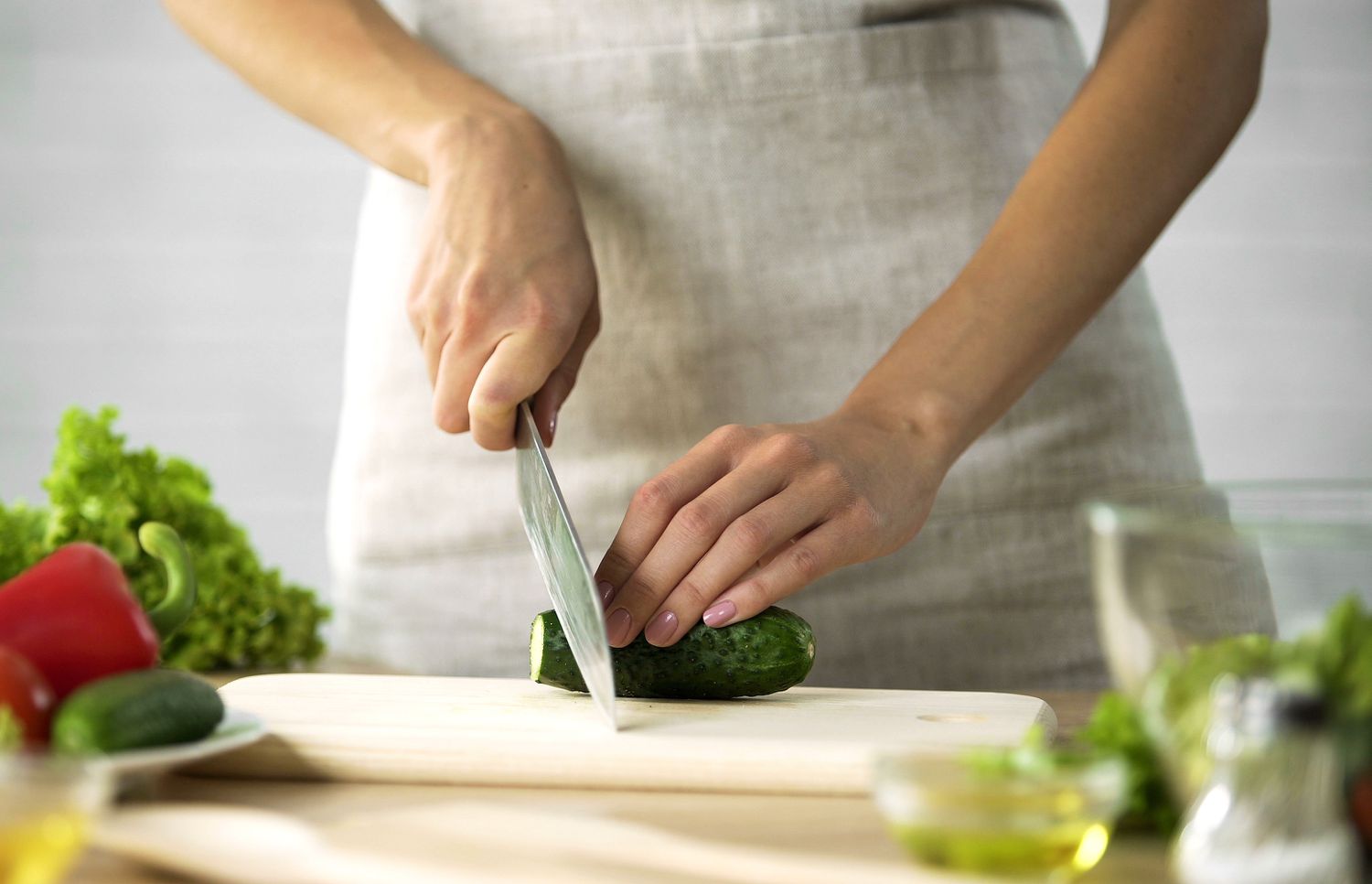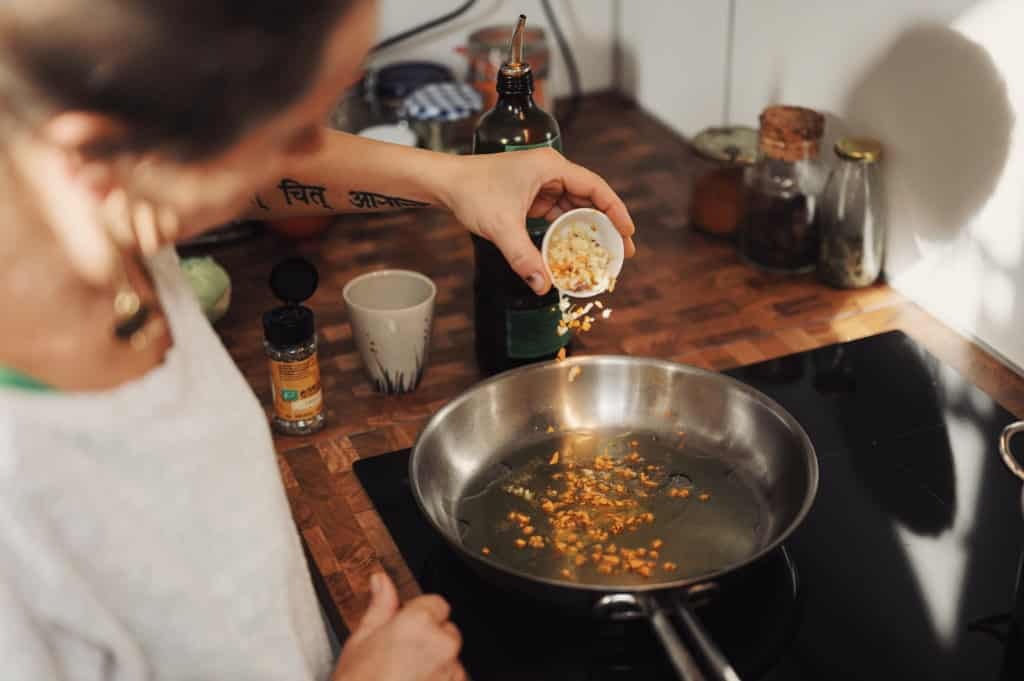
Contents

The Importance of Proper Cooking
Cooking chicken wings to perfection is a culinary art that balances taste, texture, and safety. Whether for a game night or a casual gathering, properly cooked chicken wings can be the highlight of your menu. But how long to cook chicken wings in oil is a question that stumps many.
The reason this question isn't straightforward is due to the multiple factors that influence cooking time. From the size and thickness of the wings to the type of oil used, understanding these elements can make the difference between a delightful dish and a disappointing one.

Preparing the Chicken Wings
Marination
Before you even think about how long to cook chicken wings in oil, preparation is key. Marinating the wings adds flavor and tenderness. Whether you prefer a simple salt and pepper mix or a more complex marinade, letting the wings soak up these flavors for at least an hour can yield tremendous results.
Drying the Wings
Dry wings cook more evenly. Pat the wings dry with a paper towel to ensure they're free from excess moisture, allowing for crispier skin once cooked. Learn how to prepare chicken perfectly in our Perfect Prep guide.

Ideal Temperature for Cooking
The right temperature for cooking chicken wings in oil depends on whether you're frying or baking them. Generally, for frying, oil should be heated to around 350F (175C). For baking, an oven preheated to 400F (200C) works best. Check out our Oven Baking Tips for more insights.
Using a thermometer can be particularly effective in maintaining the ideal cooking temperatures. Both digital and traditional thermometers are available and can be found online.
Step-by-Step Cooking Guide
Step 1: Heat the Oil
Fill a large pot or deep fryer with oil, heating it to the ideal temperature of around 350F (175C). Peanut oil, canola oil, and vegetable oil are among the best choices for frying chicken wings. For more oil options, see our Oil Options guide.
Step 2: Fry the Wings
Submerge the wings in the hot oil, ensuring they are spaced evenly. Cook for approximately 8-10 minutes or until they turn golden brown. Use a slotted spoon or tongs to remove them from the oil and place them on a rack or paper towels to drain excess oil. Learn more about the frying process in our Frying Tips.
Step 3: Baking Instructions
If opting to bake the wings, place them on a baking sheet lined with parchment paper. Bake in a preheated oven at 400F (200C) for about 30-35 minutes, flipping halfway through to ensure even cooking. Follow our Baking Guide for best results.
To ensure they're fully cooked, the internal temperature of the meat should be at least 165F (74C).
Common Mistakes to Avoid
Overcrowding the Pan
Cooking too many wings at once can lower the oil temperature, leading to undercooked meat and greasy skin. It's better to cook in batches.
Incorrect Oil Temperature
A temperature that's too low won't cook the wings properly, while too high can burn the skin without cooking the meat thoroughly. For more kitchen safety tips, see our cleaning guide.
Frequently Asked Questions
Can I reuse the cooking oil?
Yes, you can reuse cooking oil, but it's essential to strain it and store it properly. Ensure the oil is free from food particles to maintain its quality.
Do I need to marinate the wings?
Marination isn't a strict necessity but is highly recommended for added flavor and tenderness. Learn more about marination in our Marination Tips.
Can I use any type of oil?
While you can technically use any cooking oil, some oils are better suited for frying due to their high smoke points, such as peanut, canola, and vegetable oils. See our Oil Selection guide for more details.
As an Amazon Associate, I earn from qualifying purchases.





Leave a comment
This site is protected by hCaptcha and the hCaptcha Privacy Policy and Terms of Service apply.